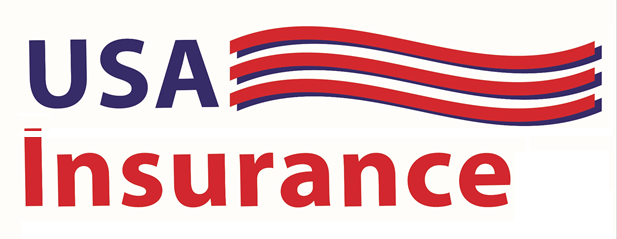The US Health Insurance System is characterized by a complex bureaucratic structure. While many countries around the world either have government-owned or privately held healthcare facilities, the majority of clinics and hospitals in the US are operated by private non-profit organizations. Despite the prevalence of private healthcare providers, the United States stands out for having the highest healthcare costs globally.

While public payers, federal institutions, and state and local governments contribute significantly to covering these costs, individuals may also bear the burden through private insurance or individual payments. In contrast to most developed nations, the US lacks a universal health insurance system, relying heavily on employers who offer health insurance to their employees and dependents. Government programs exist to assist vulnerable segments of society, including the disabled, the elderly, and those with limited financial means. Each program caters to a specific demographic, ensuring targeted support.
Securing US health insurance is not a straightforward task. Despite the belief that financial means simplify matters, caution is crucial in selecting the right insurance plan, given the intricacies involved.
US Health Insurance for Non-Citizens
It’s noteworthy that the US government does not provide health insurance to all its citizens, and health insurance is not mandatory for residents. However, it is highly recommended due to the exorbitant cost of healthcare in the country, surpassing that of any other nation. Health insurance in the US comes in two main categories: public and private. Most individuals have a combination of both. Public health insurance includes Medicare, Medicaid, and the Children’s Health Insurance Program.
- Advertisement -
Medicare, established in 1966, primarily covers health insurance for individuals over 65 but also extends coverage to those under 65 with specific medical conditions. The program comprises four parts, each addressing different aspects of healthcare. Medicaid, a joint federal and state program, aids individuals with limited incomes and resources, covering medical expenses not typically provided by Medicare.
The Children’s US Health Insurance Program (CHIP) caters to the health insurance needs of children from families with modest incomes but insufficient to qualify for Medicaid. The Affordable Care Act (ACA), commonly known as Obamacare, mandates health insurance for all individuals, providing subsidies to low-income families. It aims to reduce healthcare costs and enhance health insurance coverage.
Private Health Insurance in the US
With approximately 1,000 private health insurance companies in the US, individuals can choose from various plans based on their medical history. The three main types of health insurance in the US are fee-for-service, Health Maintenance Organizations (HMOs), and Preferred Provider Organizations (PPOs).
Selecting the right health insurance plan involves considering factors such as the freedom to choose healthcare providers, coverage for specialists, inclusion of specific treatments, and the extent of out-of-pocket expenses.
Health Insurance Requirements for Foreign Visitors
While the US government does not mandate health insurance for foreign visitors, it is strongly recommended due to the high cost of healthcare in the country. Having insurance ensures financial preparedness for unexpected health emergencies.
Types of Insurance
“Mesothelioma Lawyer – Your Mesothelioma Case Can Be Handled By a Good Lawyer“
“Star Health Insurance: Ensuring Your Well-being“
Health Insurance Options for Legal Immigrants
Legal immigrants in the US are eligible for private health insurance, with potential discounts based on income. Tax credits and other benefits may be available for those with incomes at or below 400 percent of the federal poverty line.
“Qualified non-citizens” may also qualify for Medicaid or CHIP coverage, depending on income and residency requirements.
Health Insurance Options for Illegal Immigrants
Illegal immigrants in the US can obtain health insurance through private providers, as government-funded health insurance does not cover them. Community centers may provide medical assistance to undocumented immigrants eligible for fee-for-service medical aid.


